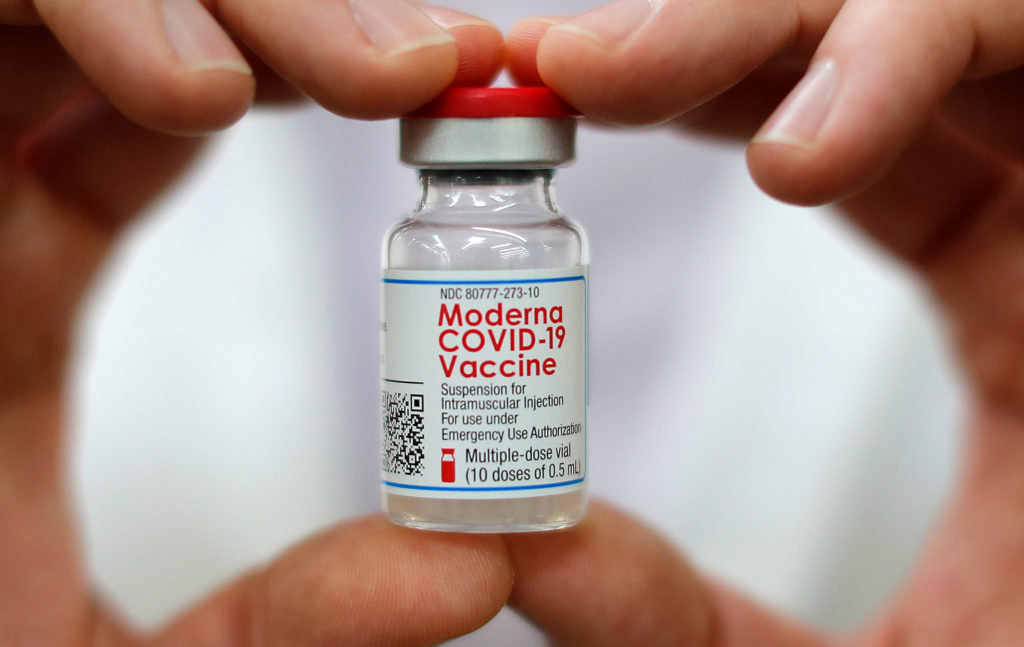CAMBRIDGE [UK]/New Delhi: US biotechnology company Moderna on Tuesday announced that India has granted permission for its COVID-19 vaccine to be imported into the country for restricted use in an emergency situation.
With this, now four vaccines have been given the Emergency Use Authorisation (EUA) in India.
“I want to thank the government of India for this authorisation, which marks an important step forward in the global fight against the pandemic,” said Stephane Bancel, Chief Executive Officer of Moderna according to the company’s release.
“We are committed to making our COVID-19 vaccine available around the world” he said.
The Drugs Controller General of India (DCGI) has approved Mumbai-based pharmaceutical firm Cipla’s application to import Moderna’s COVID-19 vaccine,
Moderna’s ready-to-use injectible COVID-19 vaccine is authorised pursuant to a registration certificate and a permission to import the vaccine for restricted use in an emergency situation in India, in adults aged 18 years and older.
Moderna has also received emergency (or other conditional, interim or provisional) authorisation for use of its COVID-19 vaccine from health agencies in more than 50 countries and an Emergency Use Listing (EUL) from the World Health Organization (WHO).
According to WHO, the Moderna vaccine has shown to have an efficacy of approximately 94.1 per cent in protecting against COVID-19, starting 14 days after the first dose.
Addressing a press conference today, Dr VK Paul, NITI Aayog member health and Chair of the National Expert Group on Vaccine Administration (NEGVAC) for COVID-19, said that Moderna vaccine will be administered in two doses.
“New drug permission has been granted to Moderna, the first internationally developed vaccine. This new drug permission is for restricted use. There are four vaccines now Covaxin, Covishield, SputnikV and Moderna. We will soon close the deal on Pfizer as well,” Dr Paul said.
“These four vaccines (Covaxin, Covishield, SputnikV and Moderna) are safe for lactating mothers. Vaccine has no association with infertility,” he added. (AGENCY)
Trending Now
E-Paper


